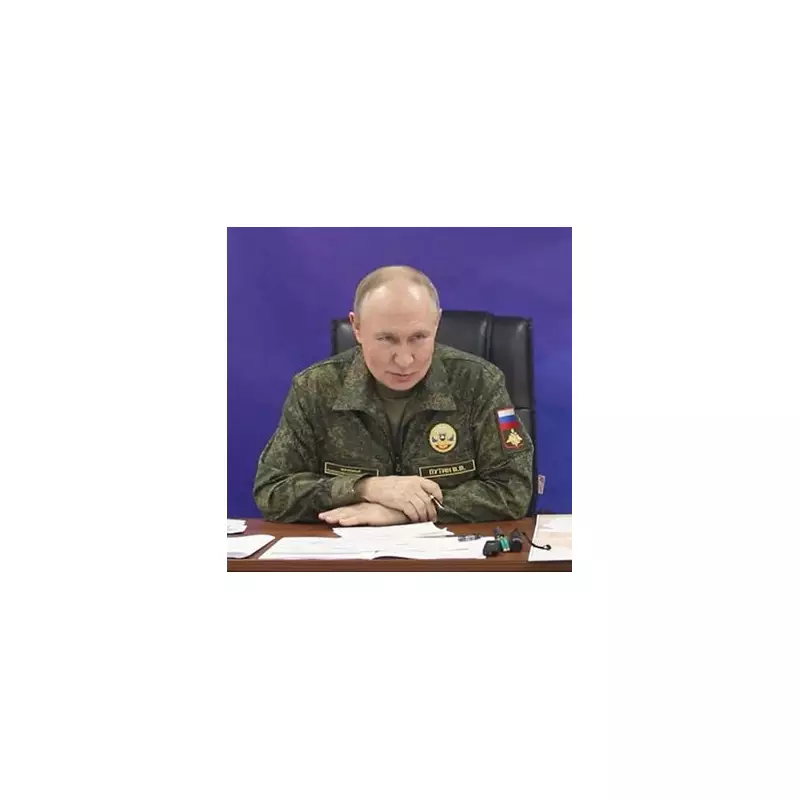
Russian President Vladimir Putin has made a chilling announcement that sent shockwaves through international security circles, confirming the operational deployment of Russia's most advanced nuclear missile system.
The 'Invincible' Nuclear Arsenal
During a high-profile meeting with recent military graduates, Putin revealed that the formidable RS-28 Sarmat intercontinental ballistic missiles - nicknamed 'Satan-2' by NATO forces - have now entered active service. The Russian leader made bold claims about the system's capabilities, stating these weapons can overcome any current or prospective missile defence systems.
Technical Superiority Claims
Putin emphasised the strategic importance of these new deployments, telling military personnel: "The first missiles of this type have been placed on combat duty." He went on to describe the Sarmat as representing a significant qualitative leap in Russia's nuclear triad, enhancing both land-based missile forces and the nation's overall security.
Global Implications
This announcement comes during a period of heightened international tensions, particularly concerning Russia's ongoing military operations in Ukraine. The deployment signals Moscow's continued commitment to modernising its strategic nuclear forces despite economic pressures and international sanctions.
Military analysts note that the RS-28 Sarmat is designed to replace older Soviet-era missiles, boasting:
- Enhanced range capabilities reaching approximately 18,000 kilometres
- The ability to carry multiple nuclear warheads
- Advanced countermeasures against missile defence systems
- Potential flight paths over both poles to circumvent existing defences
International Response
While Putin assured that Russia remains "cautious" in its nuclear posture, this deployment is likely to prompt serious concern among Western military alliances. The timing suggests a strategic message being sent to nations supporting Ukraine, reinforcing Russia's position as a nuclear superpower.
As these formidable weapons become operational, global security experts are closely monitoring the situation, recognising that this development represents a significant shift in the international balance of nuclear deterrence.





